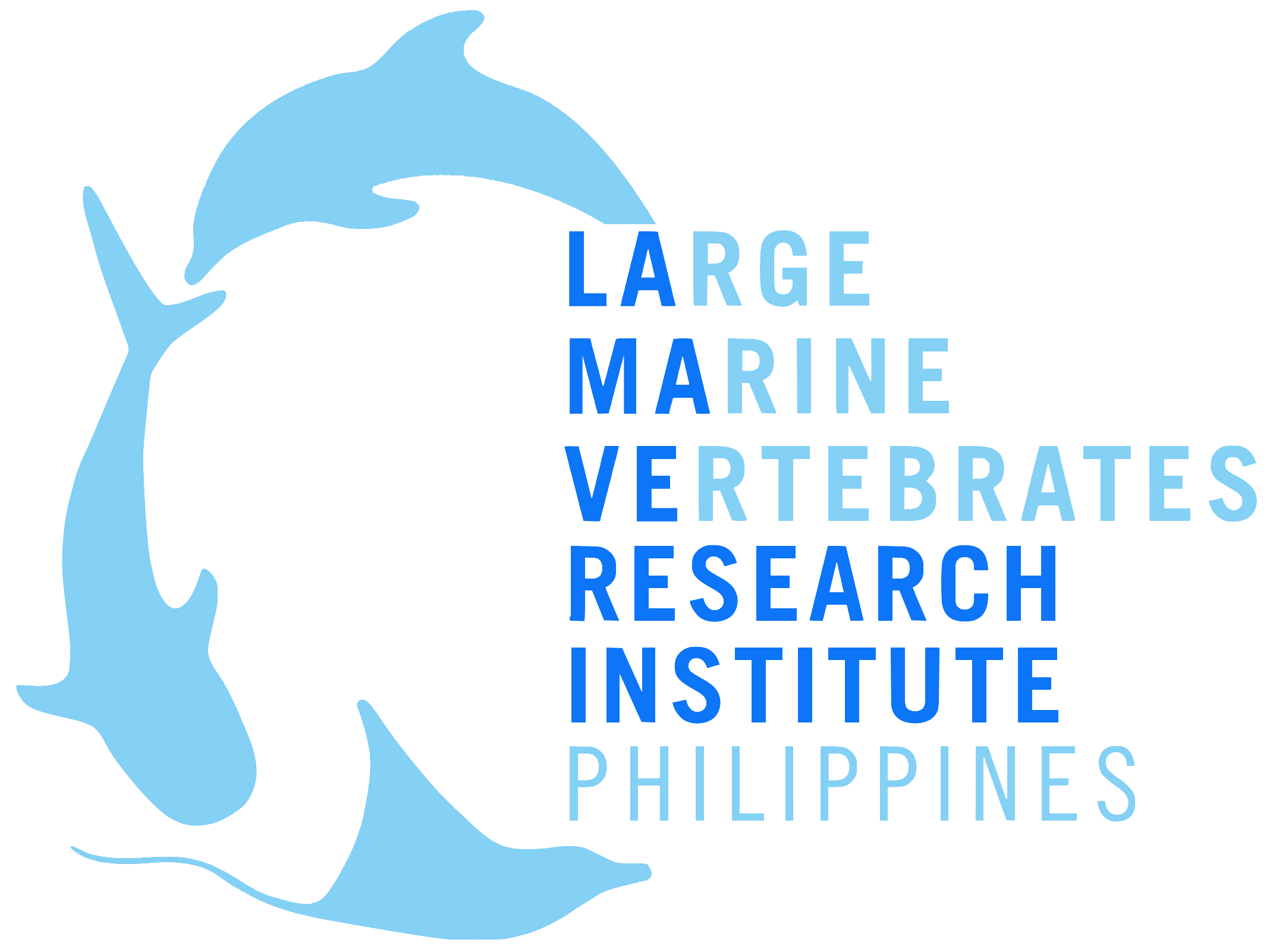PRESS RELEASE
Next phase of Global FinPrint seeks to improve protection of reef sharks worldwide
SARASOTA – Dec. 6, 2023 – With reef shark populations in crisis, Mote Marine Laboratory & Aquarium and partners from across the globe are updating the seminal shark survey, Global FinPrint, and applying their findings to the design of new marine protected areas (MPAs). The Paul G. Allen Family Foundation is funding the $1.5 million project, building on the first study in an overall effort to recover reef shark populations all over the world.
The first “Global FinPrint”, the world's largest shark survey on coral reefs conducted in 58 nations from 2015 to 2018, found that reef sharks were declining globally but remained common in some MPAs when compared to unprotected areas. This next phase of the project, Global FinPrint Phase 2, will return to 26 nations to see how reef sharks are doing in these MPAs, help empower these nations to improve the MPAs they have, and provide guidance on the design of new ones.
“It is possible that reef sharks are simply declining more slowly in many MPAs than unprotected areas around the world, with their extinction being delayed rather than being averted,” said Dr. Demian Chapman, lead scientist of Global FinPrint and Director for the Center for Shark Research Program at Mote Marine Laboratory. “This new phase of Global FinPrint will help us determine which MPAs support healthy, stable reef shark populations, and make sure that nations all over the world set up MPAs that allow reef sharks to recover and thrive for generations to come.”
Grey reef sharks aggregating as captured by a Baited Remote Underwater Video System (BRUVS) | Photo by: Andy Mann
The original study used baited underwater video stations (BRUVS), amassing over 20,000 hours of video footage that was then carefully analyzed for shark sightings by trained researchers. These data highlighted alarming trends: reef sharks were functionally extinct on close to 20% of surveyed reefs and there was an average global decline of 63% across five main reef shark species (grey reef, Caribbean reef, whitetip reef, blacktip reef, and nurse sharks). These findings provided science-based rationale for the new international trade regulations for reef sharks under the Convention on International Trade of Endangered Species (CITES), which took force this month.
“There is significant opportunity to rigorously assess and understand whether and how MPAs can be designed for effective reef shark conservation,” said Yuta Masuda, director of science of the Paul G. Allen Family Foundation. “This project will also focus on building in-country capacity for reef shark monitoring that will inform local decision-makers on how to achieve conservation commitments.”
Global FinPrint Phase 2 will build on the unique dataset and evaluate the global-scale management effectiveness of MPAs for reef sharks, using the same technology. This information will also be highlighted in the new Mote Science Education Aquarium’s (Mote SEA) STEM workforce development labs, where the next generation of marine scientists will have the opportunity to discover Dr. Chapman’s groundbreaking, innovative shark research in these hands-on teaching labs.
A black tip reef shark freely swims in front of a Baited Remote Underwater Video System (BRUVS).
Throughout the coming year, Mote will work with partners in 26 nations in the Atlantic, Indian, and Pacific Oceans to survey 50 MPAs and 50 control sites previously sampled by Global FinPrint to assess changes and understand the relationships between MPA design features and reef shark abundance and trends. Parameters like size, shape, placement, and the management of shark fishing outside of MPAs will be studied to identify effective strategies for reef shark conservation.
The teams in all 26 nations are composed of local people ranging from researchers to fisherfolk to government representatives, ensuring broad participation in the scientific process and inclusive access to the results to ensure they are incorporated into national MPA planning and fisheries management. Many nations are currently in the process of expanding their MPAs as part of a global initiative to protect 30% of our oceans by 2030. Understanding the role of MPAs in achieving reef shark conservation will pave the way for effective national and regional scale MPA networks and continued MPA monitoring even after the project concludes. Mote Marine Laboratory, and partners, along with the Paul G. Allen Family Foundation, remain committed to supporting effective science-based shark conservation strategies, leading the charge in preserving these vital marine species.
Notes to Editor from LAMAVE
Large Marine Vertebrate Research Institute Philippines (LAMAVE) is one of the teams selected for this global project that will be conducting on-the-ground research in the Philippines. LAMAVE was part of the initial Global Fin Print Project which included research surveys with our partners in Tubbataha Reefs Natural Park, Cagayancillo and Apo Reef Natural Park amongst others. You can read more about the results from the initial global study here: https://www.lamave.org/news/global-study-on-reef-sharks
Download a PDF copy of this press release, HERE.


